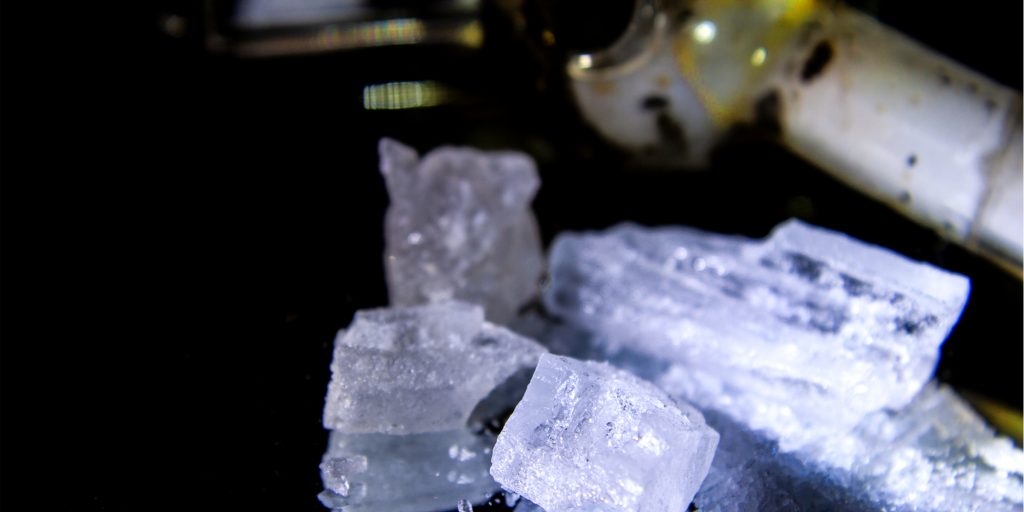Crystal meth addiction is an incredibly challenging disorder to beat, and many people struggling with this substance use disorder are left wondering how to get off of meth safely and effectively. However, there are new, groundbreaking treatment options that could help you begin your journey toward recovery.
With this new treatment, you might be left wondering, “What is the best treatment for meth addiction?” Below, we’ll review the new crystal meth addiction treatment medication alongside existing treatments for substance use disorders so that you can confidently begin your meth recovery.

Medication for Crystal Meth Addiction
Advancements in technology could make it easier for meth users to find success through treatment. The National Institutes of Health has recently released the results of a study that examines the effectiveness of using medication to help ease the transition into sobriety.
In this study, experts found that there are two specific medications that, when combined with other therapies and treatment interventions, are actually proven to help meth users recover from their addiction. These medications are called naltrexone and bupropion. Naltrexone is administered through an injection while bupropion can be taken by mouth.
These two medications helped meth users to ward off drug cravings, meaning that they were less likely to seek out this substance and use it. This is an important first step in the long road toward recovery. If you are concerned about your own or somebody else’s meth addiction, this study shows that there is hope for getting off meth safely, effectively, and for the long haul.
How to Get Off Meth For Good
There are countless reasons why you should know how to get off meth. Perhaps most alarming are the short- and long-term side effects of crystal meth addiction. These side effects can often include the following:
- Loss of appetite
- Insomnia
- Racing heart
- Changes in breathing patterns
- Behaving aggressively
- Meth-induced psychosis
- Memory loss
- Tooth decay
- Overdose
- Permanent brain damage

These side effects are serious and sometimes fatal, but getting off meth can be just as dangerous. In fact, making the decision to stop using meth on your own without any medical or professional supervision could lead to uncontrollable vomiting, seizures, and heart failure. To protect yourself from any further harm, you will need treatment for crystal meth addiction through meth rehab.
In treatment, you will begin by safely detoxing from this addictive substance so that you do not suffer from extreme withdrawal symptoms. This is often where medications like naltrexone and bupropion can be instrumental in your recovery. When your body is able to safely rid itself of any harmful substances, you are much more likely to have the physical, emotional, and mental strength to start the full recovery process.
Keep in mind that treatment assisted by medication should be coupled with other services. After all, it’s not just about getting sober but knowing how to stay sober through all of life’s challenges after you leave your treatment program. Sobriety is a physical act but very much relies upon your approach to mental and emotional wellness. This is why mental health professionals recommend medication for treatment in addition to other treatment options such as:
- Counseling
- Group sessions
- Music therapy
- Recreational therapy
- Dual diagnosis programming
- Relapse prevention
Treatment for crystal meth addiction should also help you to build valuable life skills that you can use to keep yourself on the path of recovery. In learning important life skills, you might feel less overwhelmed after meth rehab when you need to manage your finances, practice healthy habits, and create a good balance between all areas of your life.
With all of these opportunities and advancing approaches toward crystal meth addiction treatment, you have everything you need to get off meth for good.
Meth Rehab Centers Near You
If you are looking for meth rehab centers near you, look no further than The Woods at Parkside. Our facility, located in Gahanna, Ohio, is ready to help you recover from whatever addiction or co-occurring mental health disorder might be disrupting your day-to-day life.
Of course, we understand that taking this leap toward recovery comes with a lot of unknowns and what-ifs. Whether you’re wondering how to help someone with methamphetamine addiction or you are seeking meth recovery for yourself, know that you’re not alone in this journey.
We’re here to answer any questions you have through either our confidential contact option or with experts waiting to hear you by phone at 419-452-4818. Crystal meth addiction might have a hold on you right now, but we’re here to support you, guide you, and give you the resources you need to take back control of the life you really want to have.
Experiencing stress can put a lot of pressure on you. Stress can cause many different side effects on your mental health as well as your physical health. Emotional symptoms of stress often lead people to unhealthy habits, such as drinking, to cope with this discomfort.
A mental health disorder is a condition that can be diagnosed by a mental health professional. This mental health expert will evaluate to see if you have a mental health disorder based on your symptoms as well as family history.
Everybody feels stress every once in a while. However, mental health becomes a problem when the symptoms cause you distress. Untreated mental health disorders can also disrupt your day-to-day life—from your ability to work, socialize, and form healthy relationships with your loved ones.
Just as with physical illness, symptoms of mental illness indicate when something is out of the ordinary within your body and mind. Mental illness can be addressed with different types of treatment, including medication, therapy, and participating in mental health recovery programs.
The term “mental health” refers to your well-being as it relates to your emotions, behaviors, and actions. Like physical health reflects what your body can safely do, mental health affects what you can do mentally, such as dealing with stressful situations or controlling feelings of anger.
Your mental health reflects your thoughts, feelings, and behaviors. Your relationship to your mental health can be influenced by chemicals in your brain and your family history as well as external factors such as your environment and upbringing.



























